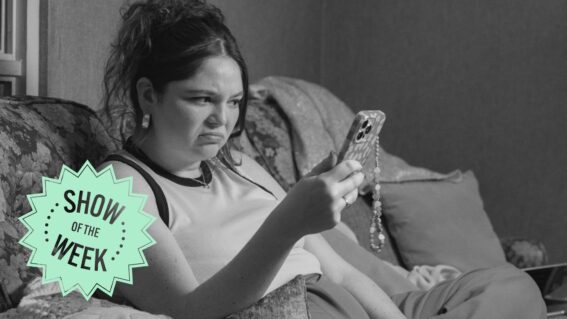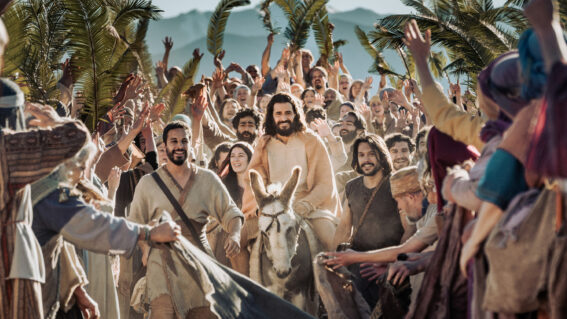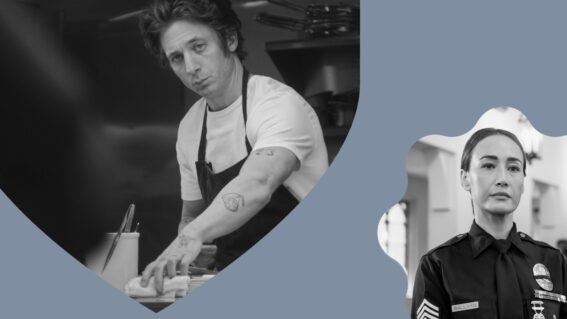Spotlight on Michael J. Fox: from 80s stardom to his optimistic future
In his witty new Apple TV+ documentary, the Gen X icon refuses to let anyone feel sorry for his reality in living with Parkinsons.

Eliza Janssen chronicles the life and career of Michael J. Fox, your mini-recap of his powerful new documentary Still: A Michael J. Fox Movie. Here’s the actor and activist’s five most essential roles, in the context of his transformative personal story.
In his brand new Apple TV+ documentary portrait, Michael J. Fox has a self-deprecating conception of himself as a hot-headed, restless Hollywood jerk. It can be hard to believe: the guy is a tireless advocate for the rights of others living with disability, and even showed admirable support for the ongoing WGA strikes by cancelling this very film’s premiere on a studio lot. He’s Marty frickin’ McFly, the very embodiment of likeable pop-culture nostalgia!! He speaks frankly and without any self-pity about his very public diagnosis and retirement from acting, even blaming his go-go-go mentality for some of the physical obstacles his degenerative Parkinsons disease has wrought. “It’s one of the great ironies of my life”, he explains early on: “I couldn’t be still until I could literally no longer be still”.
We reckon the guy is being a bit too hard on himself. To watch Still is to remember what a magnetically charming presence Fox was in the 1980s’ biggest comedies, repurposed clips from Teen Wolf and Back To The Future used to retell his life’s biggest milestones with wistfulness and wit. Fans should definitely watch the doco, but until then here’s a short chronological voyage through Fox’s most important performances, and how they reflect his turbulent personal journey too.
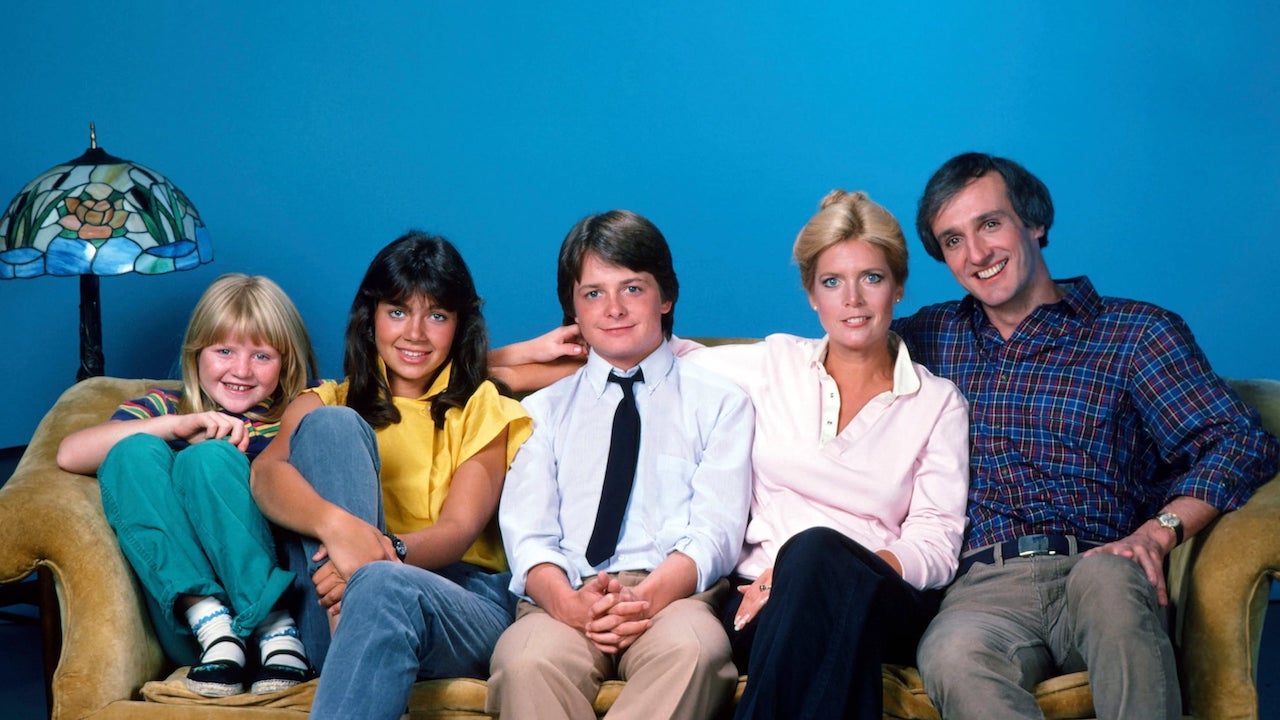
Family Ties (1982-1989)
Always the shortest kid in his class, Fox found confidence in high school drama classes before some promising turns in sitcoms and soaps: casting directors liked that he could convince in high school roles even well into adulthood. But despite his marketable, youthful stature and energy, he still had to suffer through that over-familiar arc of Hollywood poverty, at one point starving on stolen packets of jam from breakfast diners. Against the wishes of certain TV executives, he was cast as the ambitious teen Reaganite Alex P. Keaton in Family Ties, and instantly became a Gen-X icon: the embodiment of newly-coined “yuppie” ambition. After only four episodes, the sitcom’s entire focus was redirected from Alex’s hippie parents to his own romantic and career-driven shenanigans, with Fox’s improv and preternatural comic timing earning the biggest laughs from live studio audiences. And that easy-listening theme song still goes hard—sha-na-na-naaaa…
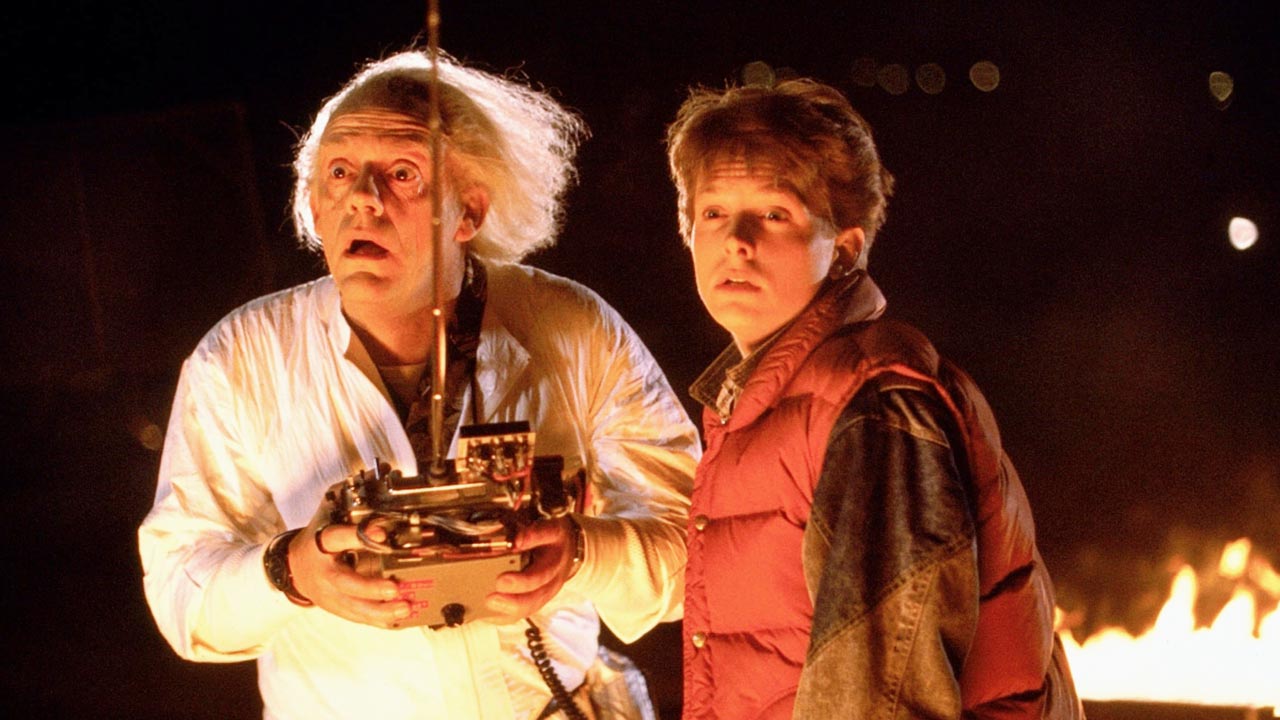
Back To The Future (1985)
It’s well known that Michael J. Fox was brought in on Robert Zemeckis’ era-defining sci-fi series to replace Eric Stoltz, whose initial crack at Marty McFly just didn’t fit right. But Still reveals the punishing details of this process, using clips of Marty oversleeping and racing around Hill Valley to illustrate just how hard Fox was overworked. From nine to five, Fox was contracted to star in Family Ties, before filming Back To The Future until the wee hours of the AM. It’s miraculous, then, that his irrepressible vitality would make the Spielberg-produced comedy such a monster hit.
It remains one of those classics that should never be remade, with the chemistry between Fox’s Marty and Christopher Lloyd’s Doc Brown striking audiences like lightning. Fresh off winning an Emmy and with the goofy Teen Wolf already in the can, Fox was suddenly “the boy prince of Hollywood”—but speaking in hindsight, he sees the period’s hollowness. “You think it’s made out of concrete”, he explains to Still director Davis Guggenheim, “but it’s made out of papers.”
Bright Lights, Big City (1988)
One woman dared to rip through that facade, and remains the centre of Fox’s life today: his wife of almost 40 years, Tracy Pollan. In a swooningly romantic second-act turn, Still presents us with a montage of Pollan and Fox meeting while shooting Family Ties and then this 1988 drama. On their first day on set, Fox callously insulted the new girl’s garlicky breath, and she dared to call the powerful star out on being “an asshole”—it was love at first sight. Despite his IRL persona as a thoughtful, loving family man, Bright Lights, Big City is one of the many roles in which Fox would elaborate upon his slick douchebag persona from Family Ties, and some critics didn’t go for it. Roger Ebert, however, considered the drunken monologue linked above to be “the best thing [Fox] has ever done in a movie”.
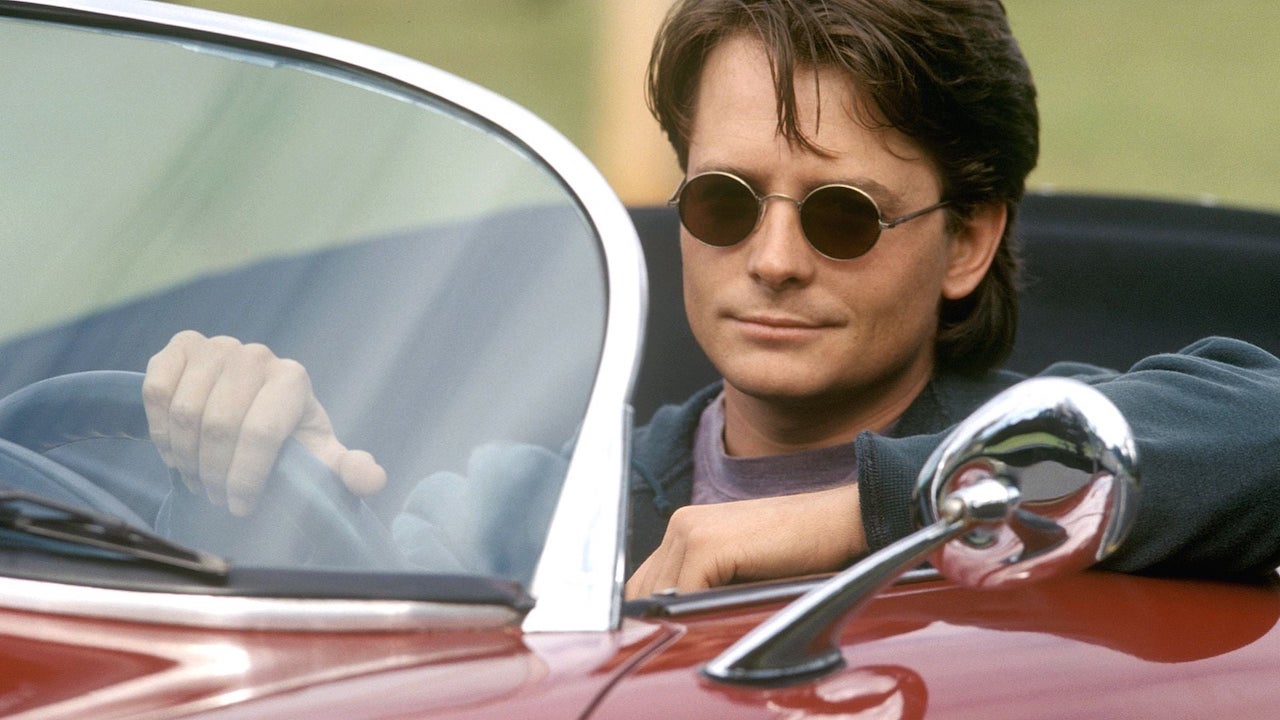
Doc Hollywood (1991)
This riches-to-rags rom-com, with its plot that would be scavenged by Pixar for their movie Cars, was released in the same year that Fox was first diagnosed with Parkinsons. It’s a powerful meta-textual narrative in retrospect, following a hotshot with a bright future who instead chooses small-town love and honesty: it would be mirrored in Fox’s own life by his 1996 return to the comfort of TV from the heights of blockbuster cinema and tabloid fame. By starring in Spin City, Fox could spend more time with his family, and finally found the bravery to reveal his diagnosis to the world and—more painfully—to himself.
Before then, though, keen-eyed modern viewers may note Fox’s characters of this period fiddling with objects in his left hand, always checking his watch or spinning a pen in thought. It was a way for the determined actor to mask his tremors as much as possible, despite his immense and secret discomfort: “for a long time I intended to pretend as if nothing was happening to me”, Fox admits.
Curb Your Enthusiasm (2011)
Although Fox announced his retirement from the industry in 2021, he managed some sensational TV appearances throughout the 2010s, often explicitly referencing his Parkinsons as he does in his riotous Curb cameos. “I’m a head-shakin’ fool”, he tries to patiently explain to Larry, our innate sympathy and embarrassment played for cringes and laughs. Fox tells Guggenheim that he has little control over his facial expression anymore—that he has countless pithy one-liners to share that his motor functions won’t let him get out. But make no mistake: Still, and all of Fox’s later screen appearances “as himself”, are not indulgent pity parties.
Asked whether the documentary’s “sad sack story” boils down to “Michael J. Fox gets this debilitating disease and it crushes him”, the actor pauses before rejecting the sentiment completely (“yeah, that’s boring”). There’s bitterness, sure, but also joy, romance, self-discovery and empowerment to be found in Fox’s trajectory. The impetuous “boy prince of Hollywood” Fox once knew wasn’t ready for that truth yet: but the showbiz survivor we see today, and all his fans worldwide, are gonna love it.







